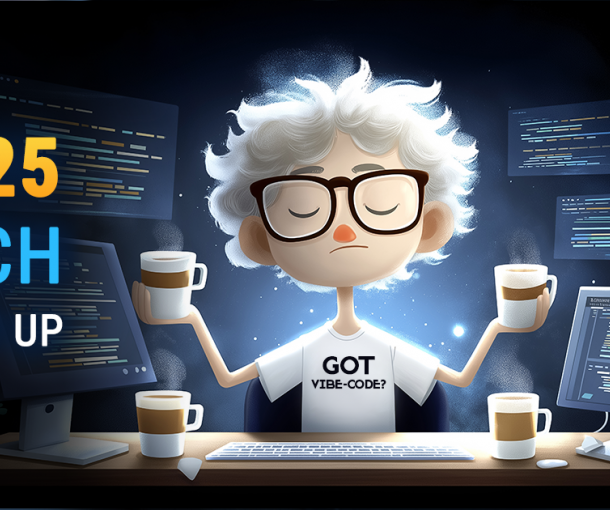
Hiring software developers for your team? Ask these 8 questions first
IT’S ALL ABOUT THE RELATIONSHIP
That’s because as much as choosing who will design the critical code that powers your business depends on their raw technical talent, that talent can’t be brought to bear if you’re not comfortable being around them.
In fact, it’s no exaggeration to suggest that the most successful software engineers are just as gifted with soft skills as they are with coding ability – and that these often-overlooked non-technical abilities are as crucial to the final outcome as anything else.
Because no matter how brilliant an individual or team of developers may be, that brilliance can only come alive when the business relationship that surrounds it is a healthy one.
With this in mind, whether you’re hiring software developers in on a contract or full-time basis, here are a few questions to consider:
1 – What are your preferred languages and methodologies. Why?
Ideally, software developers will have had experience in the same technologies and platforms that are in use within your organization. But this doesn’t need to be a showstopper if they don’t. It could, in fact, be helpful to dig a bit deeper and ask why they’ve chosen to support certain tools or approaches. You can learn a lot about a software engineer by chatting about what motivates them.
2 – What experience do you have in our company’s sector?
It isn’t enough to be an experienced developer. Fundamental knowledge of – and experience in – a potential client’s particular line of business goes a long way toward ensuring a strong partnership. Ask about the kinds of business problems they encountered along the way, and how they worked with their clients, business partners, colleagues, and other stakeholders to ensure their code helped address them.
3 – What are current and past clients saying about you?
The client testimonial remains one of the best ways to measure the bottom line capability of a developer to deliver the goods. While most software developers and development shops maintain a project portfolio, ideally, they’ll also be able to share contact information for references. Consider it a red flag if they’re reluctant to do so – and don’t hesitate to review online and social media profiles in either case.
4 – Why does quality assurance matter? What does effective QA look like to you?
Truly great software engineers understand the role that QA plays in the overall success of any project. Their code is just the start, and a thorough discussion that highlights their overall approach toward QA can help separate the mature professionals from the rest of the pack.
5 – Can you take me through a standup (or Scrum) meeting?
Spontaneous role-playing can give you a greater sense of how effectively a prospective developer will work with you and your team – and how well they can communicate. In addition to the obvious ability to identify technical opportunities and solutions, look for signs of strong listening skills, collaboration, and empathy.
6 – Tell us what makes you an effective communicator
Communication is a crucial factor in any successful software project, and is often what separates the good from the great. How they answer this question can shed considerable light on how effectively they’ll work with stakeholders and the project team. It can also uncover red flags.
7 – What was your biggest disaster as a developer? How did you overcome it?
It’s easy for developers to boast about their biggest successes, but a lot more difficult to talk about engagements that didn’t necessarily go their way. Answers to these questions can help you gain insight into a developer’s critical problem-solving skills, as well as their abilities in coaching, project management, business analysis, and other areas of expertise. Few questions, in fact, are as effective at helping paint a well-rounded picture of what makes a developer tick.
8 – How do you know you’ve delivered to the client’s satisfaction?
This question speaks to the ability of a developer to not only create solid, stable code that functions as planned, but also their ability to measure the outcomes against stated business goals. In many respects it is the penultimate question because it challenges them to measure their output against organizational needs, and to speak to the value they bring to any given engagement.
THE BOTTOM LINE
Hiring the right software developers can easily be one of the most important resourcing initiatives at any organization – and this is particularly challenging given the historic shortages of talent in the broader technology landscape.
But the journey need not be difficult, and you need not be alone. Here at STEP Software, this is what we do, and we’re always happy to answer any questions you may have.


